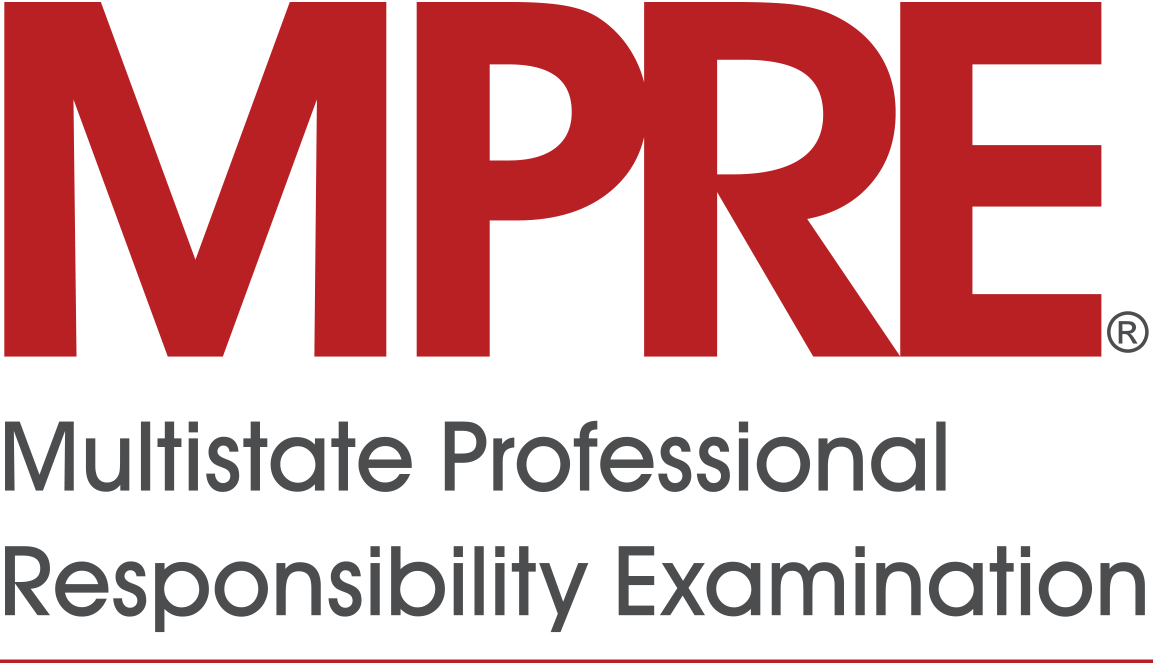
Guidelines for Medical Documentation When an Accommodation Request Is Based Upon a Visual Disability
Introduction
The National Conference of Bar Examiners (NCBE) is committed to providing reasonable and appropriate accommodations to candidates with documented disabilities, in accordance with the Americans with Disabilities Act (ADAAA). Under the ADA, a person is disabled if he or she has a physical or mental impairment that substantially limits one or more major life activities.
NOTE: Some health-related needs may be met by way of a comfort aid. Comfort aids are items that candidates may bring into the testing room upon inspection by testing staff, and do not require pre-approval. A list of allowed comfort aids may be found on the Pearson VUE website.
To support a request for test accommodations, applicants must submit documentation from a qualified professional that is on letterhead, typed in English, dated, and signed. The documentation must confirm the existence of the applicant’s impairment(s) and address the functional limitations that the applicant currently experiences because of the impairment(s). It should also provide a rationale for each accommodation requested. The current functional limitations caused by the impairment must be relevant to taking the MPRE, and the recommended accommodations must be necessary to ameliorate the current limitations.
Description of the MPRE Administered Under Standard Conditions
The MPRE is a computer-based examination administered in a proctored setting at Pearson VUE testing centers. It is a two-hour timed examination consisting of 60 multiple-choice questions. Test items are written at an 11th- to 12th-grade reading level. Candidates record their answers by selecting the answer choice using either a mouse or a keyboard. Candidates are assigned seats in a quiet environment.
Essential Components of Supporting Documentation
A Qualified Professional Must Conduct the Evaluation
Typically, an optometrist or ophthalmologist is qualified to provide supporting documentation for visual impairments. NCBE will not grant accommodations based on medical evaluations conducted by family members of an applicant because of the inherent conflict of interest.
The Diagnosis and Current Functional Limitations Should Be Substantiated
A diagnosis must be provided, along with evidence of a substantial limitation in one or more major life activities (such as seeing) that affect the applicant’s ability to take the MPRE under standard conditions. The documentation must validate the need for accommodations based upon the applicant’s current level of functioning.
In most cases, documentation should be based on a diagnostic/clinical evaluation that includes the following information, as relevant to the applicant’s condition:
- the current diagnosis, including a statement as to whether the condition is progressive or stable
- best corrected visual acuities for distance and near vision
- eye health
- visual fields: threshold fields, not confrontation (provide measurements and copies of reports)
- binocular evaluation: eye deviation (provide measurements), diplopia, suppression, depth perception, convergence, etc. (specify whether difficulty with distance, near point, or both)
- accommodative skills at near point, with and without lenses (provide measurements)
- oculomotor skills: saccades, pursuits, tracking
- clinical observations
NOTE: if the applicant is legally blind and will test exclusively with tactile or auditory input (braille, reader, or audio recording), making no use of visual material, the qualified professional need only provide the current diagnosis and visual acuity.
Each Recommended Accommodation Must Include a Rationale
If the documentation recommends specific accommodations, it should explain the need for each recommended accommodation with reference to specific functional limitations that have been established through the evaluation process.
Ideally, the report should include a review of prior accommodations utilized by the applicant on other examinations (e.g., standardized examinations such as the LSAT, ACT, or SAT; school examinations; or other licensing or certification examinations) and the extent to which the accommodations met the applicant’s needs. The recommended accommodations, however, should not be supported solely by a history of prior accommodations or self-report.
Documentation Must Be Current
The provision of reasonable accommodations is based upon the current impact of the disability on a major life activity that affects the applicant’s ability to take the MPRE under standard conditions.
Some visual conditions are of a permanent or unchanging nature. In such cases, a simple statement from the optometrist or ophthalmologist of the diagnosis and the functional limitations might suffice.
Because of the varying severity and changing manifestations of many visual conditions, however, an evaluation completed within the past three years is typically necessary. If the diagnostic report is more than three years old, the applicant should submit a letter from a qualified professional that provides an update of the diagnosis, a description of the severity of the functional impact of the disability on reading as well as on other major life activities, and a rationale for each recommended accommodation. If applicable, the qualified professional may simply address why older documentation continues to be relevant.